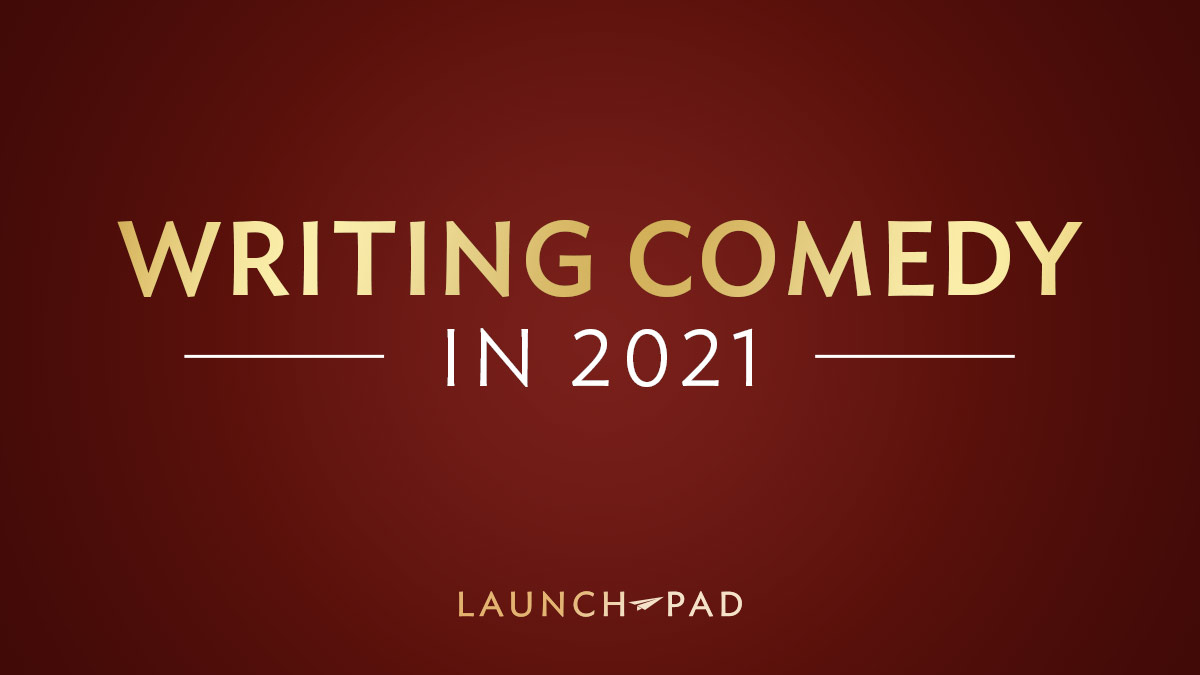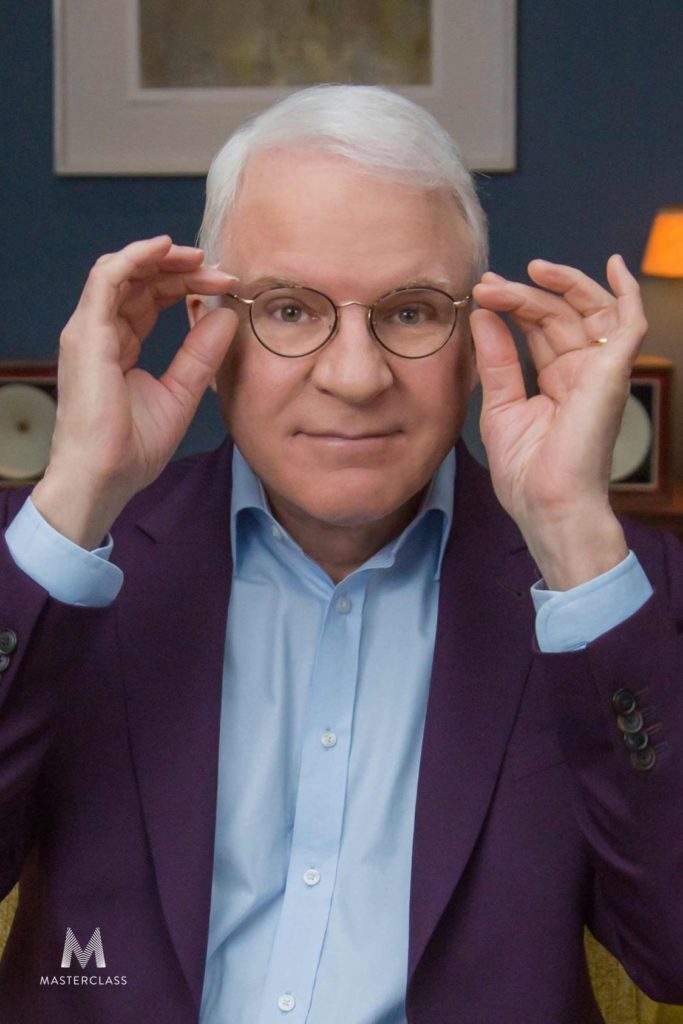
“There’s a lot to PC that is good and there is a lot happening that is not so good.” – Steve Martin, Masterclass 2017
There has been a great deal of conversation about “PC culture” and how it has affected film and television, particularly comedies. The debate is whether or not audiences are too sensitive, and some writers and directors have even complained publicly about their frustrations. It can seem daunting, but comedy is needed no matter what is happening in society, in order to reflect back and expand the conversation.
So how much should writers take the public conversation into their comedy projects? The answer is personal to every individual person and every individual project, and when you’re writing you can ask yourself two simple questions: What am I making fun of here? And what is my morality?
Truth in Humor
You’ve probably heard the phrase “there’s a little bit of truth in every joke” or something similar. So often, a headline will take a joke or a moment out of context and a debate will ensue over the level of offense. These public conversations are important as a new generation finds their place in society and their boundaries along with it. For your writing, you should have those same conversations at the macro and micro levels.
Some may argue that you can have a “joke for joke’s sake”. Especially with physical comedy, and to some extent that is true. But a pratfall can be amplified depending on the situation where it’s happening or society’s rules at the time. Next time you watch a classic Chevy Chase or Chris Farley film, ask yourself what it says about how we view “men” and gender roles. It’s ingrained so deeply into society, you don’t even realize you’re walking into it when you’re not trying.
Every joke either challenges or upholds the status quo at the macro level. And the best comedies coming out today, don’t sacrifice jokes to make their “truth” known. Whether it’s a 22-minute show like The Good Place that can’t waste a moment and has to include the optimum amount of jokes, or a period comedy like The Great that satirizes another time through a progressive lens. Even a traditional-looking three-camera sitcom like Mom knows it has a larger purpose in its conversations surrounding addiction.

‘The Good Place’
Define Your Morality
In 2016, just a year before the news of Harvey Weinstein would bring Tarana Burke’s #MeToo Movement to the everyday lexicon, there was already a conversation brewing about what is/isn’t appropriate to make jokes about, thanks to the campaign trail of Donald Trump. Then in spring 2017, Masterclass released a new series of lessons from Martin teaching comedy writing. Within those videos was a discussion of morality and comedy that could be a blueprint for how to approach your comedy writing voice in any time period.

Steve Martin
“I think there’s a lot to PC that is good and there is a lot happening that is not so good. People are probably too easily offended, but we’re probably in that backlash stage of people being offensive. So I think that will all settle out,” Martin says in the video.
Though Martin doesn’t make specifically state any events involving conversations about political correctness, he was likely referring to the conversations that were popping up in 2016, now that it’s been four years, it’s clear that the conversation hasn’t peaked yet and won’t until some real change starts happening. And let’s also remember how long Martin has been doing this and all the ebbs and flows that have happened throughout those decades, as he started his career in the 1960s.
The way Martin describes it, you have to define your morality, the rules of your comedy voice, and it sounds very similar to how you would create the “rules of the world” in a genre story. We see this on-screen in political comedies overtly, but in genre-bending shows as well. This past year saw the release of WandaVision, a show that embraces different television comedy eras to tell a story of grief. Each episode adheres to the style of sitcom it’s referencing, but still maintains a modern perspective.
Bring it all Together
We can’t assume that the audience will know the world your voice exists in as jokes land on the page. They have to be surrounded by a world with rules that provide context for your comedy voice.
The larger conversations will ebb and flow, you simply have to see how your comedic voice fits into it.
Do you have a great TV comedy pilot? Enter it into the 2021 Launch Pad TV Pilot Screenwriting Competition!


